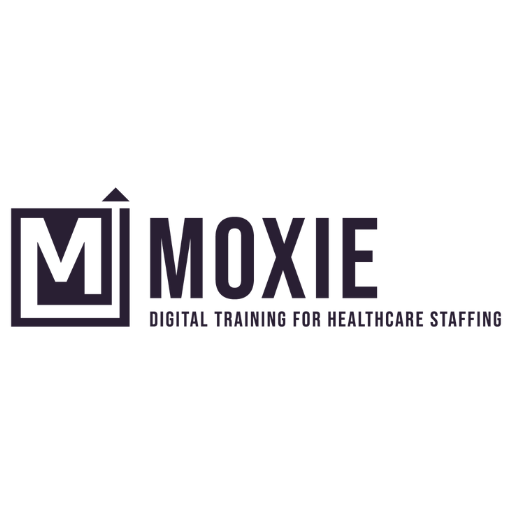By: Adam Gomez
One of the most challenging things you can do as a recruiter is ask for feedback on your performance, especially when you anticipate the feedback you receive may not be all rainbows and unicorns. Yet, that is precisely what you must do to be the best version of yourself.
Numerous scientific studies demonstrate that our brains are constantly “translating” information from the environment to create our own unique perception of the world around us. Yes, that’s correct – what you observe to be the truth about your performance at work is biased! Furthermore, scientific research has also demonstrated you are much more likely to seek out positive, affirming information about yourself.
Consider this interesting study which examined the online behaviors of investors as related to stock market performance. In this particular study, it was revealed that the number of times online investors logged into their investment accounts was associated with actual market performance. Specifically, as stock market performance improved, investor logins increased substantially.
Why? Because investors were much more motivated to do so when they expected to receive positive news!
Consider for a moment the consequences these and other findings like it would suggest in relation to you, and in particular your performance as a recruiter.
Are you more likely to focus on positive, affirming information, and less likely to seek out negative, non-affirming information? Are you more likely to translate information in the workplace to construct a rosier perception of yourself and your performance, and less likely to translate information in the workplace to construct a bleak perception of yourself and your performance? How will you ever identify your blind spots?
Here are a couple of considerations when it comes to asking for feedback.
- Whom should you ask? Asking your direct supervisor for feedback may seem like the most obvious answer, and you should do so if you’re not already receiving consistent feedback regarding your performance. But there is tremendous value in asking others on your team as well – for instance, members of your account management team. They see the quality and volume of your work day in and day out and almost certainly can offer you valuable insight as to how your performance measures up to that of other recruiters within your organization. Also, consider asking your travelers for feedback. What are you doing extremely well? What could you do better? How does their experience with you as their recruiter compare to any experiences they may have had working with other recruiters?
Importantly, you must choose individuals who you’re confident will be comfortable providing constructive feedback. For example, don’t just pick up the phone and call that traveler who loves you and everything about you. Call a few of those travelers that you deem to be more “challenging” to work with.
- How should you ask? When asking for feedback it’s important your intentions are clear and direct. Consider leading with something along these lines, “I’m focused on improving my performance as a recruiter. To improve, I need to understand what I’m doing well and also what I can improve on. I’m hoping you’ll agree to help me with that. The only thing I ask is that you shoot me straight and not pull any punches. I can take it – good or bad. You’ll be doing me a huge favor. Can I count on you to help me with this?”
While it may be difficult to ask for feedback on your performance, and it may be a challenge to accept feedback which may not be flattering, it is absolutely necessary you do so in order to be the very best version of yourself.
“You can’t let praise or criticism get to you. It’s a weakness to get caught up in either one.” —John Wooden





